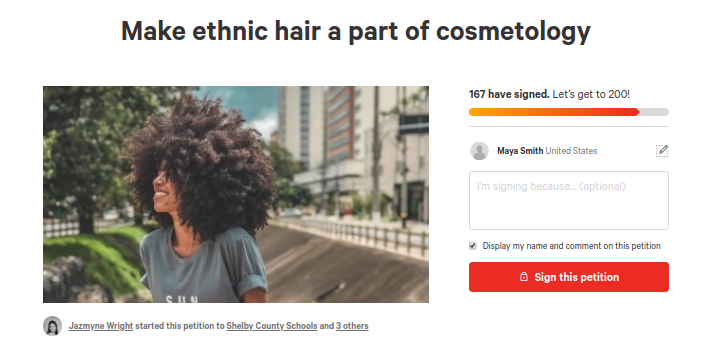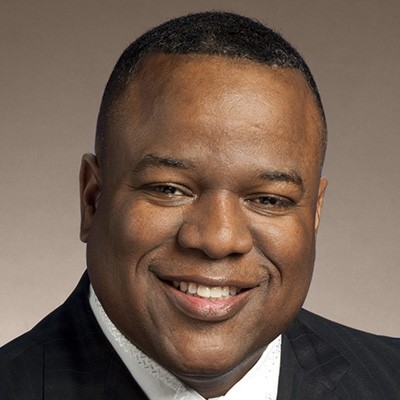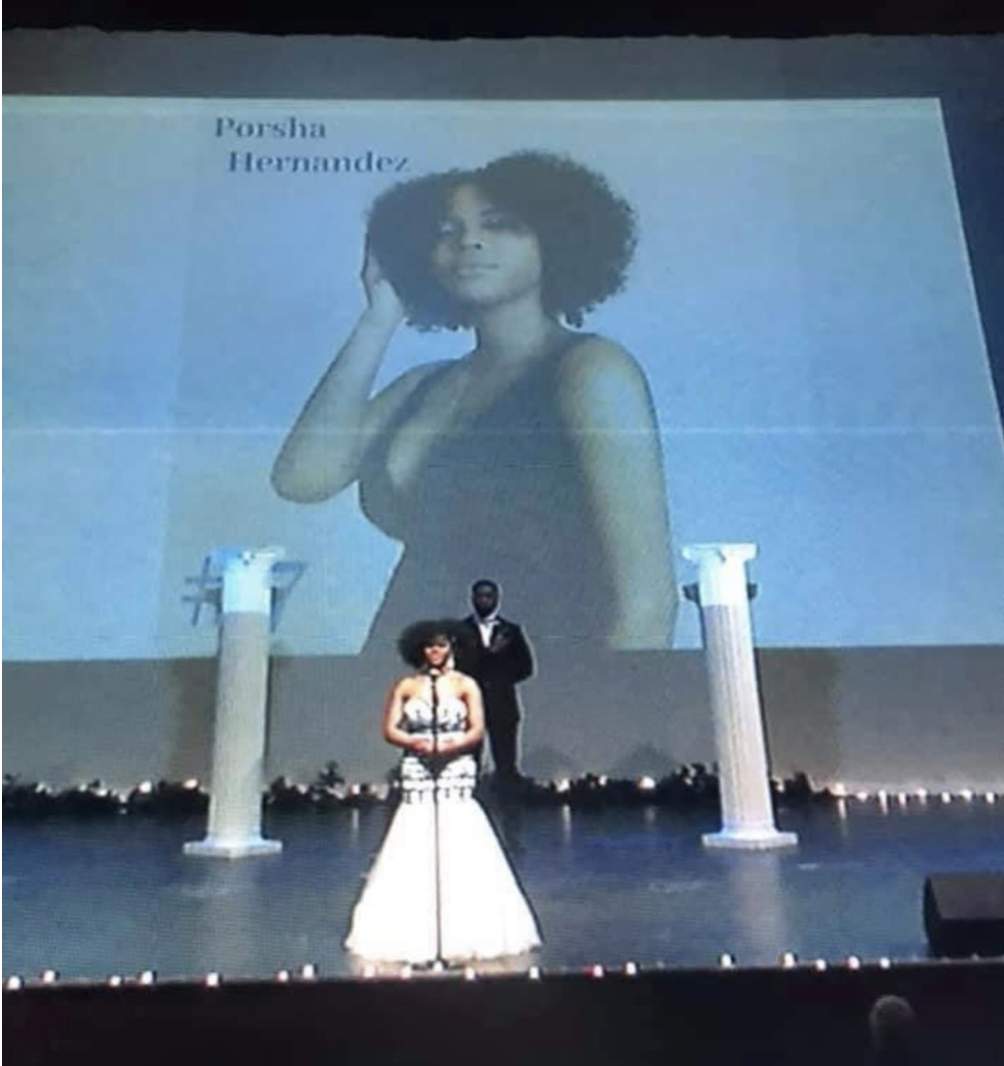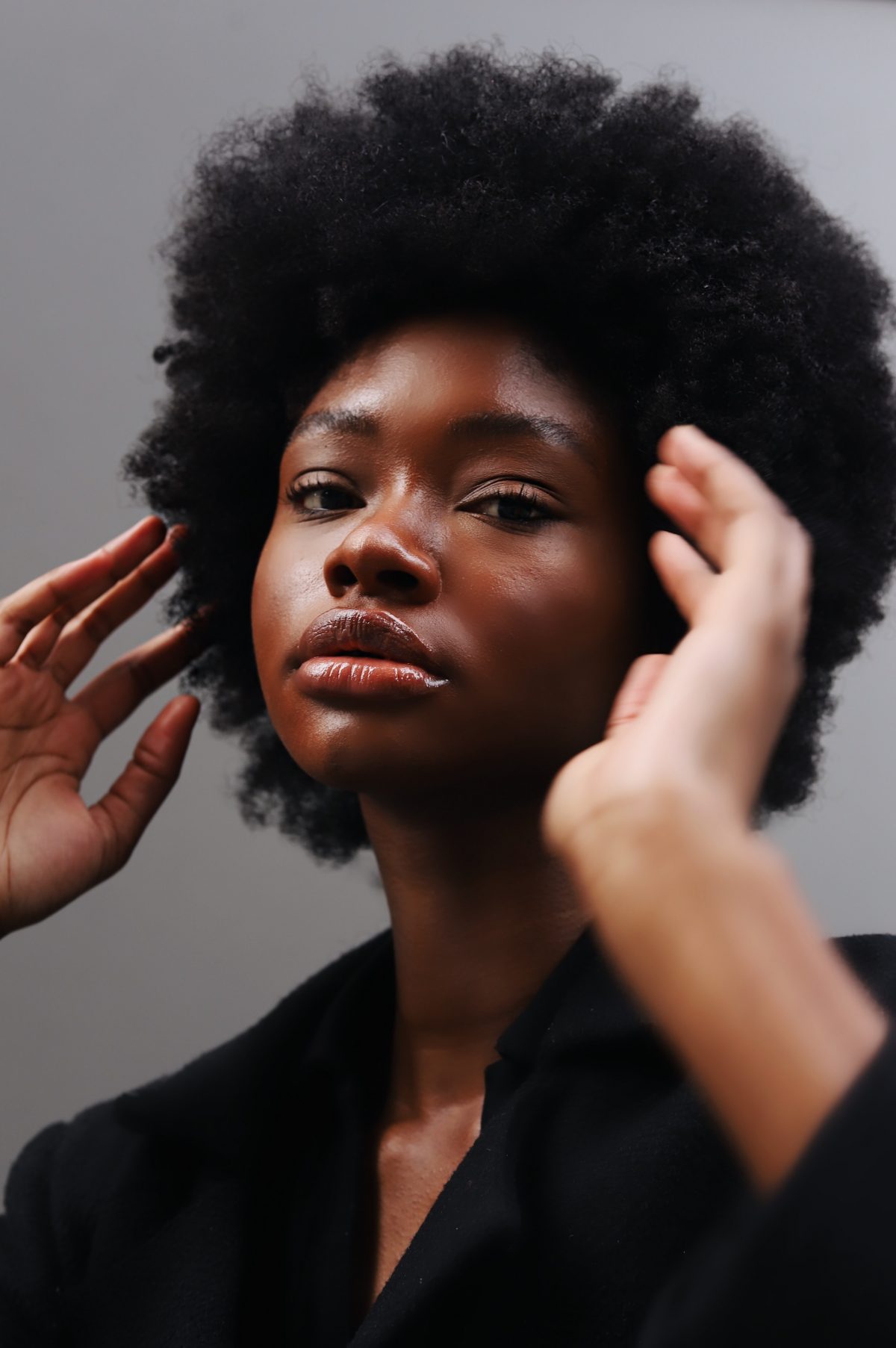
A former Shelby County Schools (SCS) student started a petition last month asking that ethnic hair be a part of the elective cosmetology courses offered at SCS high schools.
Jazmyne Wright, a freshman at the University of Memphis studying political science and African-American studies, started the petitionmem on Change.org to address the lack of inclusion of lessons on natural, African-American hair in the courses.
“I think ethnic hair should be just as much a default in cosmetology as any other hair texture or origin,” the petition reads in part. “Black students should be able to learn about their community’s hair and even how to take care of their own hair. The cosmetology course of Shelby County Schools is not diverse or inclusive of ethnic hair.”
When Wright was a junior at Germantown High School, she said she took the cosmetology course for a half of a semester before dropping the class after realizing the course would not include instruction on ethnic hair.
[pullquote-1]
“The fees for the class were $170,” Wright said. “It came with two mannequin heads. I was under the impression that one would be European and the other African American. They were both European.”
Her concern is that in the SCS cosmetology courses consider European hair as “the default. The problem is this perpetuates the normalization of only one type of hair.”
A SCS spokesperson said that the curriculum for the four-course cosmetology program currently offered in 14 of its high schools is created by the Tennessee State Board of Education as a part of its College, Career, and Technical Education (CCTE) program. The spokesperson added that SCS only offers CCTE programs approved by the state.
“Cosmetology is designed to prepare students for careers in cosmetology by developing an understanding of efficient and safe work practices, salon business concepts and operations, hair techniques and chemical services, facial and skin care procedures and state board theoretical practical application,” reads the state’s description of the program.

Wright
Wright said this issue is important to her because growing up in a military family, she moved around a lot and attended many predominantly white schools where he felt like her hair wasn’t acceptable in its natural form.
She learned then about the stereotypes associated with natural African-American hair, such as it is “untamable,” “nappy,” and “unprofessional.” Wright says the stereotypes are “disgusting and extremely offensive.”
Natural hair “isn’t bad hair,” she said.
“There are far too many black girls with natural hair who don’t believe their hair is beautiful,” Wright said. “It’s mental oppression when you actually think you are not beautiful in your natural state.”
Wright said not only should African-American students have the opportunity to learn about ethnic hair, but all students should be exposed to different types of hair. “It should be widespread knowledge.”
“Assimilation is not form of beauty, but a tactic of oppression,” Wright said. “In 2019 — almost 2020 — it’s not okay that we are still promoting that.”
Since posting the petition, Wright said it’s gotten more support than “she was hoping for.” As of Friday, the petition had 167 signatures.
Originally, Wright said she was looking to gather 100 signatures before presenting the petition to the SCS board, but now she is working to garner more support and address the board in January.
As Wright prepares to address the board, she is looking for SCS students who have taken the cosmetology classes to give firsthand accounts of their experience.
Beyond changing the SCS curriculum, Wright also hopes the effort will heIp break down the stereotypes surrounding natural African-American hair, as well as start conversations on policies around natural hair in the workplace.
“The petition is just the beginning of normalizing ethnic hair,” Wright said. “So I’m not hoping this will make a difference. I know it will because I’m not stopping until it’s a thing and it’s normalized.”
But Wright said she doesn’t want the sole credit for creating the petition.
“I may have started it and put it on a website,” Wright said. But this has been a thought in the back of every black girl and woman’s mind in Memphis. I simply put it in words. This is all of our petition.”
Legislation
In July, California became the first state to ban employees and school officials from discriminating against people with natural hair when it passed the Creating a Respectful and Open World for Natural Hair (CROWN) Act.
The new law, which will take effect in January, prohibits employers and schools from enforcing a dress code or grooming policing discouraging hairstyles such as braids, afros, twists, and locs. New York followed suit later in July, becoming the second state to pass a CROWN Act

Parkinson
Tennessee Representative Antonio Parkinson (D-Memphis) introduced similar legislation, HB1546, over the summer here. The Tennessee CROWN Act would expand the definition of “race” as it relates to discrimination to include “the physical or cultural characteristics associated with a certain race, including, but not limited to, hair texture or protective hairstyles.”
Having been discriminated against because of his hair in the past, Parkinson said this issue is “near and dear to his heart.” As a lieutenant in the Shelby County Fire Department, Parkinson said he nearly lost his job because of his dreadlocks.
“I myself have been a victim of discrimination in the workplace for wearing dreads,” Parkinson said. “My job was threatened. Disciplinary action was threatened. And at the time there was no policy against wearing certain hairstyles.”
Parkinson was written up for his hairstyle of choice and as a result, eventually cut his dreadlocks.
“A lot of people don’t understand African-American hair,” Parkinson said. “People have one idea of what beauty is and what the standard should be. And in a lot of cases, the standard is European. African Americans are born with a certain type of hair and there be no discrimination whatsoever.”
[pullquote-2]
Similar CROWN legislation has also been introduced in Illinois, Kentucky, Wisconsin, Michigan, and New Jersey.
Just last week, a county in Maryland became the first in the country to pass local legislation banning discrimination based on a person’s hairstyle.
The Montgomery County City Council voted unanimously in favor of legislation that prohibits such discrimination in housing, employment, education, taxi services, and other public accommodations. Under the legislation, anyone who is discriminated against can seek a civil penalty of up to $5,000 through the county’s Office of Human Rights.




